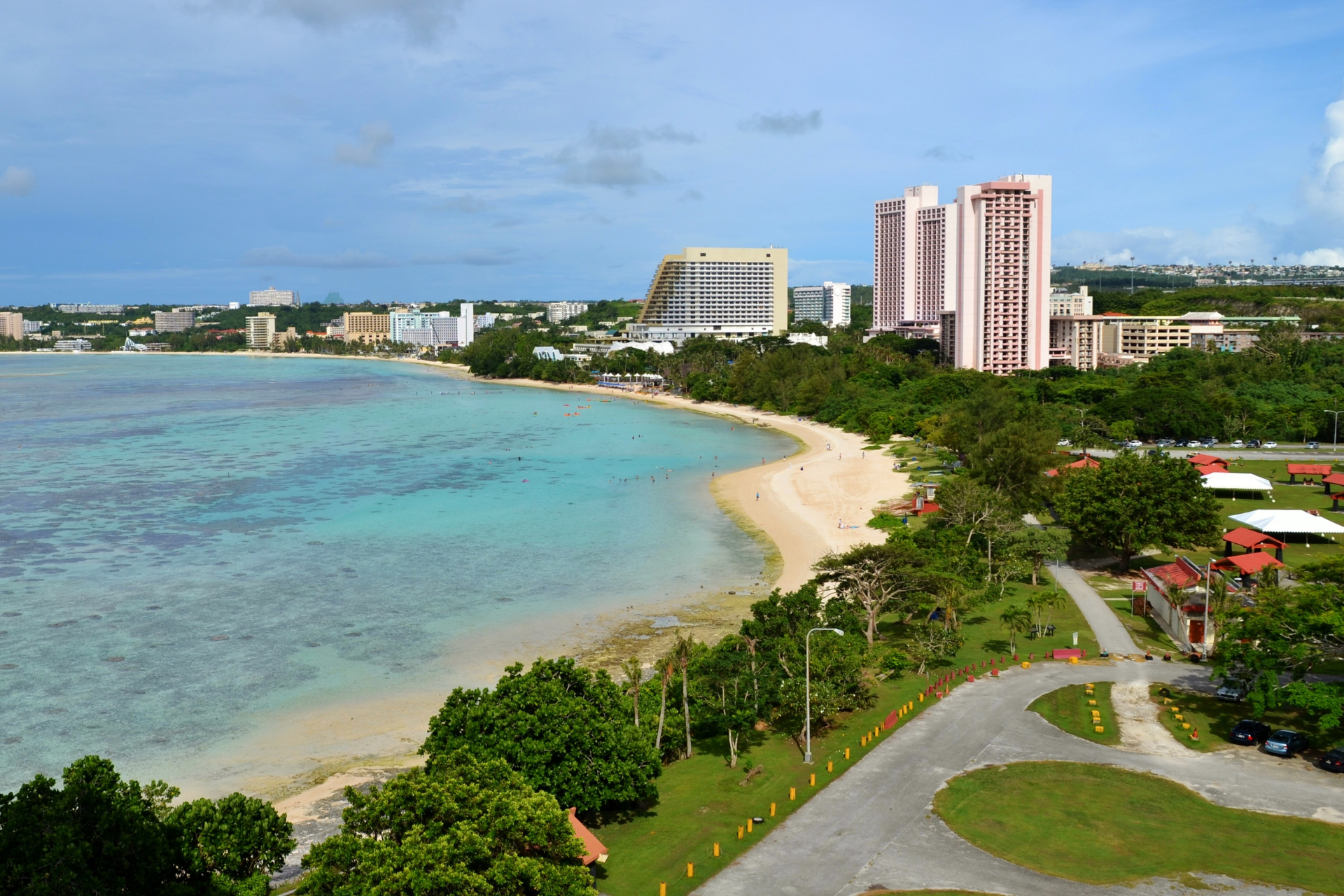Much of the discussion about Puerto Rico’s status in the mainstream media focuses on the economic effects for the U.S. as a whole as well as Puerto Rico in particular. Would Puerto Rico be too expensive as a state? Would Puerto Rico be harmed by changes in its tax laws?
When people get to talking about the issue in forums and social media, though, the questions being brought up are different. A recent discussion at a scientific forum included these concerns:
- “I’m afraid of anything less than commonwealth.” The writer is apparently not aware that “commonwealth” for Puerto Rico has the same meaning as “commonwealth” for Kentucky — that is, it does not imply any special relationship and has no legal meaning. It’s just part of the name of Puerto Rico in Spanish. Puerto Rico is a territory, which means that there are limits on Puerto Rico that don’t apply to states, no matter what Puerto Rico is called.
- “PR’s are … split between fear (Status Quo) and opportunism (pro statehood)” This writer believes that fear and opportunism stand in the way of successful independence, and that in an independent Puerto Rico, European nations would rush in to invest in the island’s infrastructure and provide a new age of prosperity. This is a big assumption, and it also speaks to opportunism. Independence has never received even one quarter of the votes in any of the plebiscites on Puerto Rico’s status.
- “I don’t know all the ins and outs of the subject but I think of Puerto Ricans as 100% American…I don’t see why y’all shouldn’t get the right to vote for president and a say (other than a non-voting member) in the making of our common laws. You should also help carry the load taxwise. Considering all the children we’ve made together, its time to quit shacking up and tie the knot.”
- “My great great grandfathers, Puerto Rican men, fought in the World Wars, in the American army. My grandfather on my mothers side was in the Navy and so was his brother and my father is in the Army. My family history is part of American history as well as Puerto Rican history.” Puerto Rico has been represented in the U.S. military in higher than average numbers for nearly a century.
- “You think all those Public Housing PR dwellers (Caserios) will vote for anything other than statehood? They love wellfare and to live languishing day by day using their PAN (Programa de Asistencia Nutricional) in illegal ways … like buying drugs (Percocet, Xanax; zombies).” Unfortunately, this attitude is all too common. The examples of Hawaii and Alaska show an improved economy after statehood – based on the past, we would expect fewer people qualifying for PAN if Puerto Rico becomes a state.
- “I get you love Puerto Rico, but your ideas are forcing change on the people who are already confused.” The suggestion that Puerto Ricans are “confused” is one we see in mainstream media as well. This is not surprising giving the convoluted history of the term “commonwealth.” With clear ballot options – and an equally clear rejection of unconstitutional ballot choices – this confusion may finally get cleared up.
At Twitter, discussions are pithier, but still reveal emotions:
- “fighting for statehood for puerto rico fighting for equal rights and representation in congress”
- “Happy to hear the resolution supporting statehood for Puerto Rico was passed by the @yrnf!”
- “Please no US citizenship path to illegal immigrants in the Bill without also including a clear path to Puerto Rico Statehood.”
- “Guess MD schools don’t teach that Puerto Rico chose their territory status & refuses statehood.” This is of course incorrect; 54% of Puerto Ricans rejected territorial status in the November 2012 election. The Puerto Rican teenager in Maryland who refuses to stand for the Pledge of Allegiance seems better informed that this tweeter.
- “Puerto Rico rejected the current colonial status and elected Statehood in Nov. No more segregation #respectdemocracy“
While the economic concerns highlighted in mainland press are valid, the interests and passions of the people in the world of social media appear to focus more on rights, fairness, and stereotypes.



OUR PEOPLE IN PR ARE FIGHTING FOR CONSTITUTIONAL CIVIL RIGHTS AND EQUALITY FOR THE US CITIZENS LIVING IN PUERTO RICO WHO WERE BORN US CITIZENS. THIS IS SO, BECAUSE SINCE 1917 (96 YEARS) ALL PR RESIDENTS WERE BORN US CITIZENS AS THOSE BORN IN NY, TEXAS, CALIFORNIA, FLORIDA AND ALL THE OTHER STATES OF THE UNION, AND HAVE HAD ONLY ONE CITIZENSHIP FROM BIRTH AS THOSE BORN IN ALL THE STATES. SO, OUR FIGHT IS A “CIVIL RIGHTS” FIGHT AND NOT AN “ECONOMIC” OR “TAXATION” FIGHT. WE JUST WANT TO BE TREATED AS ANY OTHER US CITIZEN, WITH ALL OUR RIGHTS, PARTICIPATION, OPPORTUNITIES, OBLIGATIONS AND RESPONSIBILITIES.
ANGEL L CASTRO,CPA/LAWYER
CIVIL RIGHTS MOVEMENT
5/4/13